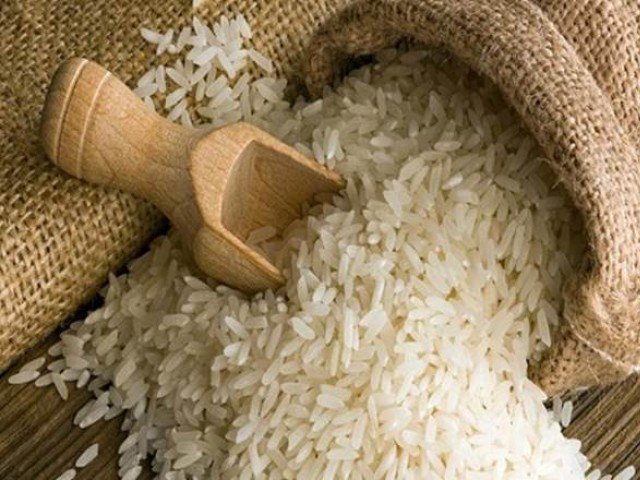
NEW DELHI, Oct 8: Pakistan has decided to challenge India’s claim in the European Union countries of excusive Geographical Indication (GI) tag for Basmati rice. In a meeting chaired by commerce adviser Abdul Razak Dawood earlier this week, Pakistan made its intentions clear. A statement issued by the ministry after the meeting said, “Pakistan will vehemently oppose the claim within the EU and restrain India from obtaining exclusive Geographical Indication (GI) tag of basmati rice.”
According to Pakistani press, the meeting was attended, by Secretary Commerce, Chairman, Intellectual Property Organisation (IPO-Pakistan), representatives of Rice Exporters Association of Pakistan (REAP), and also the legal fraternity. Geographical indication (GI) is a name or sign used on products which correspond to a selected geographical location or origin.
Under the EU’s official journal clause, countries has an option of filing counterclaims within three months under Article 50(2) (a) of Regulations (EU). No 1151/2012 of the European Parliament and the Council on quality schemes for agricultural products and foodstuffs.
As per an official report published in EU’s official journal, India has submitted the application for a GI tag on September 11, 2020, stating “Basmati is grown in various parts of India as a, special long grain aromatic rice. It is raised and produced in a particular geographical region of the Indian sub-continent, below the foothills of the Himalayas. The area is a part in northern India, below the foothills of the Himalayas forming a part of the Indo-Gangetic Plains (IGP).
According to the data compiled by the Agricultural and Processed Food Export Development Authority (APEDA), India produces about 7.5 million tonnes of basmati rice of which about 60% or 4.45 million tonnes valuing $ 4.33 billion was exported in FY 2019-20 as compared to 4.41 mt ($4.72 billion) the previous year.
APEDA classifies Basmati rice to have a minimum average cooked milled rice length of 6.61 mm and average precooked milled rice breadth of up to 2 mm.
The Pakistan Bureau of Statistics data mentions the country exported $2.17 billion worth of rice during the last financial year, of which the share of basmati rice was $790.8 million, 25 per cent above the previous year. Basmati rice in Pakistan is grown mainly in its Punjab province. The cultivation has extended to Sindh and Balochistan provinces.
Pakistan is yet to implement the GI law though and enacted the Geographical Indications (Registration and Protection) Act in March this year, which provides it with the right to oppose Indian application for registration of Basmati rice’s exclusive rights.
With over a fortnight gone post the notification of Indian claim. Pakistan is left, with less than ten weeks as an option to reply to Indian application and file a counter application with the EU.
Pakistan has got to convince EU that it, has been maintaining the exclusivity of its regions cultivating Basmati. It also means they will need to discuss internal talks and negotiations. Official sources admitted that it would be a huge task for Pakistan to rush through the prolonged method within the given short time of less than 10 weeks.
Increasingly countries are choosing a GI status because it not only promotes value, exports, tourism but also help the farmers/artisans face less competition from fake products, thus it indirectly helps to market sustainable development.
India has till date rights to 347 GI products across the country.
(Venkatesh Iyer)













